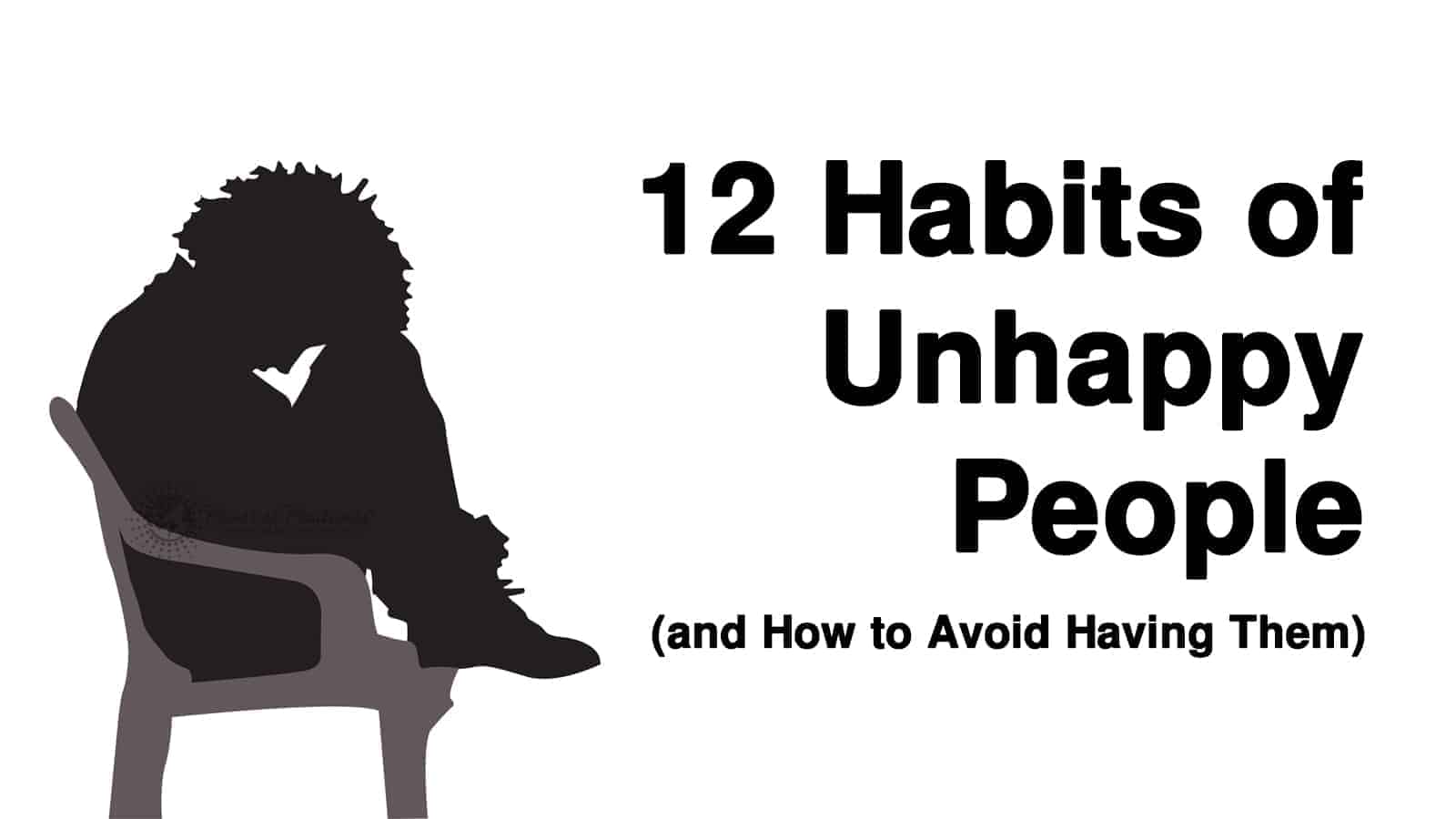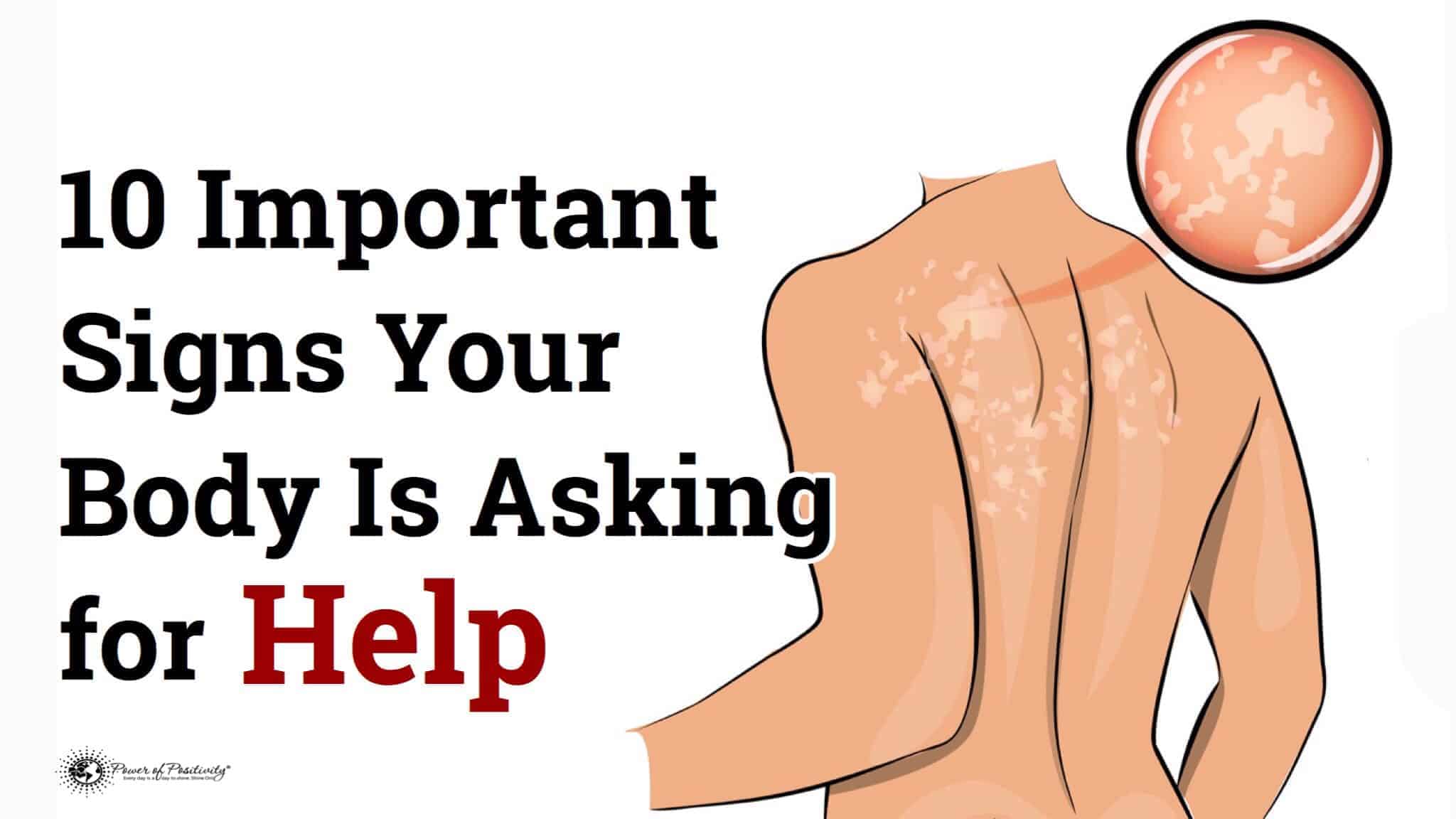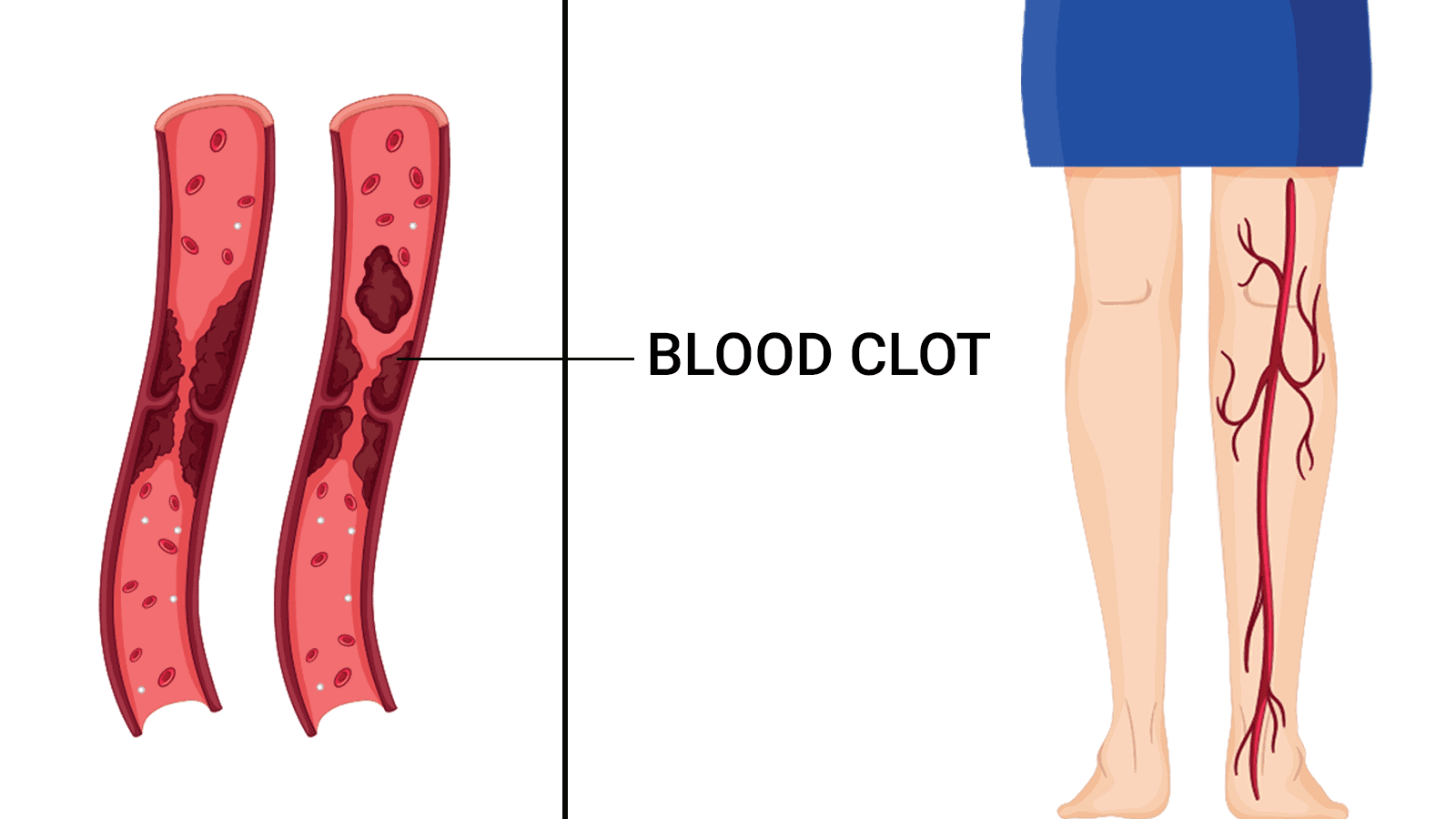You can’t take care of your loved ones until you look after yourself.
Have you ever been in a place where you felt like you had no voice? It is a challenging space, and you shouldn’t have to feel that way. With many perspectives, it can be easy to believe your voice as an advocate doesn’t matter. But every mental health advocacy story matters, and everyone deserves to share it.
It’s not only about telling your stories but giving someone the space by listening to their story. If someone is willing to open up to you, they trust you with their vulnerability. And with that level of trust, you are in a unique position. It is difficult to open up, but they are trusting you with their journey, and you can be an advocate for them.
Advocacy is the public support for or recommendation of a particular cause or policy. And we can be advocates for other peoples’ health and mental health. Sometimes, we are expected to advocate for ourselves; while necessary, it doesn’t always have to be that way. There is nothing wrong with reaching out for help because you shouldn’t have to feel how you feel.
The Decline in Mental Health Around the Globe
Based on the World Health Order, mental health is a “state of mental well-being that enables people to cope with the stresses of life, realize their abilities, learn well and work well, and contribute to their community.” Every single person has mental health, and everyone needs to take care of their emotional well-being proactively.
Our culture has a complex history of shaming emotional vulnerability and, unfortunately, encouraging the suppression of it. Studies are proving suppressing your emotions makes you even more emotionally unstable and can result in concerning health outcomes. It’s taking time, but people are embracing how vulnerability is a strength.
Vulnerability truly allows you to dive into how you are feeling and reach a space of stability. It’s been seen as a weakness for so long; this is why many people don’t believe in reaching out for mental health and even disregard their physical health. People deserve better than to stay in a place of intense, unaddressed depression, anxiety, or any other feeling.
Showing Up for the People in Your Life
When someone is experiencing a mental health crisis or even just something they are dealing with, please listen to them with curiosity and empathy. You may not know all the answers, be an expert in mental health, or even know how to react in that moment, but you can make a difference in someone’s life. Believe it or not, some people rarely receive any support for their mental health and well-being, meaning your unwavering support can go a long way.
Some were raised under the impression emotional expression was a sign of weakness, so you need to be patient with people who need to relearn what they have been conditioned to. Addressing mental isn’t easy, and it can be exhaustive, but you need to find a sense of peace within yourself. But the one thing you need to remember about supporting someone’s mental health is that you cannot negate your own.
Suicidal Thoughts and Ideations Are Common
When you have mental health issues you don’t want to address, suicidal thoughts and ideations can emerge. Suicide feels like an extremity of mental health, but it is not at all. According to the American Foundation for Suicide Prevention, in 2021, 48,183 Americans died by suicide, and an estimated 1.70 million people attempted. This also doesn’t account for the many millions more who think about it but haven’t made any attempts.
If you want to help someone, being educated on suicide can save their life. You are not their counselor, and no one asks you to provide medical support. You also don’t need to add that extra amount of stress and responsibility. Knowing how to be there for them, seek out resources, and check up on them is more than enough.
Your Mental Health Matters Too
Your mental health matters, too, and you need to be equally supportive of someone else’s as your own. This is significant, too, when you find yourself being victimized by the person you are trying to support. You can still be there for them, but you can establish boundaries. Boundaries are rules or limits you should be encouraged to establish and protect your well-being. It’s a way of firmly communicating what you need from someone and how they can better support you. This can include not engaging in specific conversations, spending time with yourself, etc.
Barriers to Mental Health Support
It is not an easy journey to advocate for your own or other’s mental health because there are many barriers in the system. When someone says to reach out, don’t give up immediately when faced with a complicated, tricky process because you deserve better. No one should have to face these unnecessary barriers to mental healthcare, but the world still has a long way to go to create an equitable system that can fully support this community.
Final Thoughts: Take Care of Yourself so You Can be an Effective Mental Health Advocate
On a positive note, now more than ever, millions are speaking up about mental health, access to better resources, and revamping the current system. The person may often want to give up, but your support can help them along their journey.
You can be a beacon of hope for them as they traverse their mental health journey. Recovery is possible, and even though millions will experience mental health conditions or challenges their whole life, it can be more accessible and less challenging when they have people who support them on their journey.




















